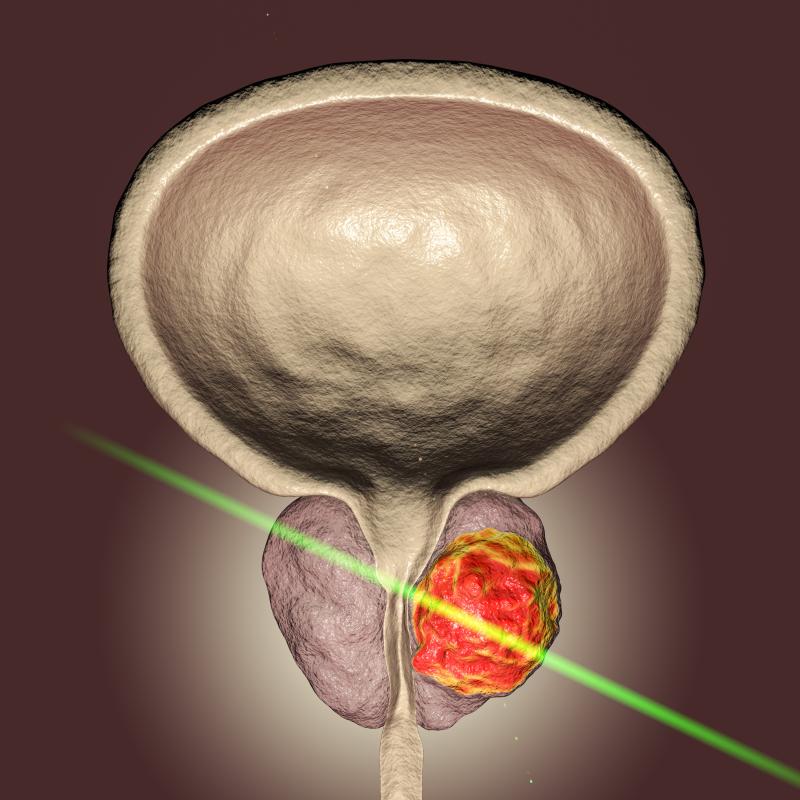
Treatment with abiraterone acetate (AA) or enzalutamide (ENZ) may lead to excess short-term mortality in elderly prostate cancer with pre-existing cardiovascular diseases (CVDs), reports a recent study.
Researchers conducted a population-based retrospective study including 3,876 elderly prostate cancer patients. Of these, 2,845 were treated with AA while 1,031 received ENZ, and around 67 percent of the overall cohort had pre-existing CVDs. The primary study endpoint was 6-month all-cause mortality.
AA and ENZ treatment resulted in a greater risk of 6-month mortality in participants, whether or not they received chemotherapy, particularly in those with CVDs. For instance, post- and no-chemotherapy patients who had three or more CVD diagnoses were 43-percent (relative risk [RR], 1.43, 95 percent confidence interval [CI], 1.04–1.98) and 56-percent (RR, 1.56, 95 percent CI, 1.29–1.88) more likely to die than counterparts without CVDs.
Having one to two CVDs, on the other hand, was only predictive of death risk in those who had not undergone chemotherapy, while hypertension specifically showed no significant effect on the outcome.
Moreover, AA led to a significantly elevated hospitalization rate in participants who had received chemotherapy and who had one to two CVDs (incidence rate ratio [IRR], 1.43, 95 percent CI, 1.15–1.78). Among those who had not undergone chemotherapy and had at least three CVDs, ENZ came with a lower hospitalization risk than AA (IRR, 0.59, 95 percent CI, 0.44–0.79).